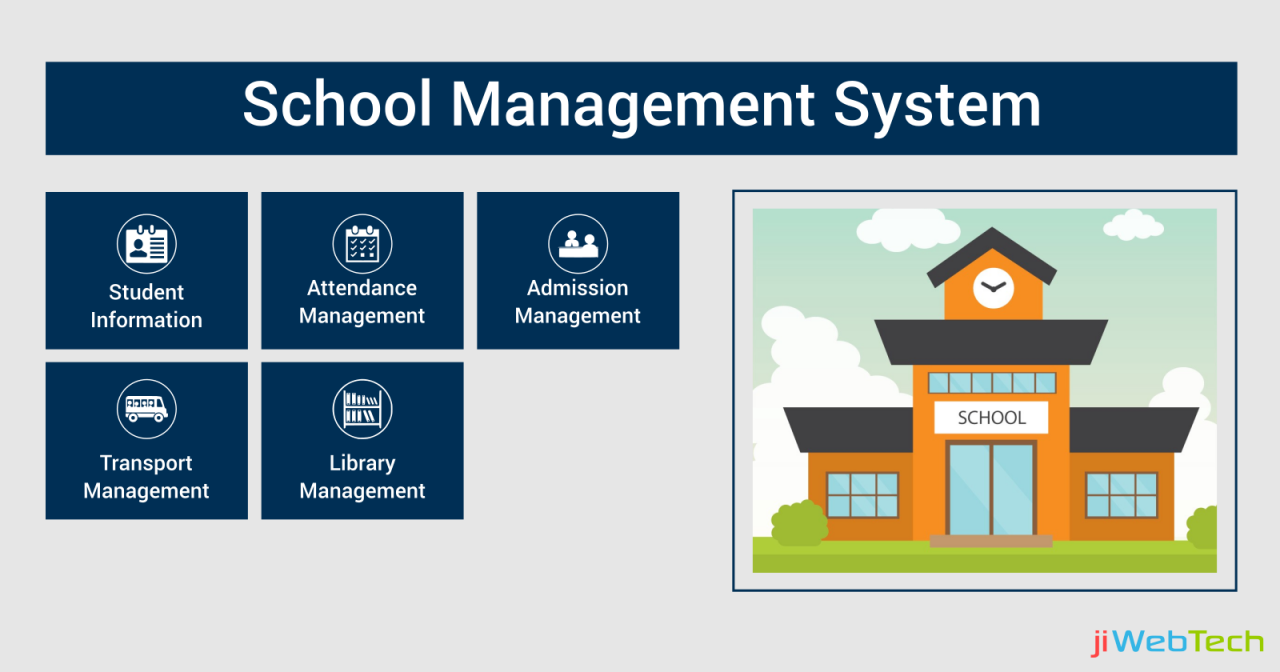How management can play a crucial role in creating a great school. With my expertise as a journalist-style writer, I will delve into the importance of effective management strategies in shaping the educational environment for students, teachers, and staff.
The Role of Leadership in School Management
Effective leadership is the cornerstone of successful school management. School leaders, including principals and administrators, play a pivotal role in setting the vision, mission, and goals of the institution. They are responsible for creating a positive school culture that fosters collaboration, innovation, and continuous improvement. By providing direction, support, and resources, leaders empower teachers and staff to excel in their roles and contribute to the overall success of the school.
Building Strong Relationships within the School Community
A great school is built on strong relationships within the school community. Effective management involves cultivating partnerships with parents, students, teachers, and stakeholders to create a supportive and inclusive environment. By fostering open communication, trust, and mutual respect, school leaders can enhance engagement and collaboration among all members of the community. This sense of belonging and connection contributes to a positive school climate where everyone feels valued and supported.
Empowering Teachers and Staff Through Professional Development
Investing in the professional development of teachers and staff is essential for creating a great school. Effective management involves providing opportunities for ongoing training, mentorship, and growth to enhance the skills and knowledge of educators. By supporting continuous learning and professional growth, school leaders can empower teachers to deliver high-quality instruction, implement innovative practices, and meet the diverse needs of students. This commitment to excellence benefits the entire school community and contributes to student success.
Creating a Safe and Supportive Learning Environment
A key aspect of effective school management is ensuring a safe and supportive learning environment for all students. School leaders must prioritize the physical, emotional, and psychological well-being of students by implementing policies and practices that promote safety, respect, and inclusivity. By addressing issues such as bullying, harassment, and discrimination, management can create a positive school climate where every student feels secure, valued, and empowered to learn and grow.
Promoting Equity and Inclusion in Education
In today’s diverse society, promoting equity and inclusion in education is more important than ever. Effective school management involves embracing diversity, equity, and inclusion as core values and integrating them into all aspects of school operations. By valuing and celebrating differences, addressing disparities, and promoting social justice, school leaders can create a welcoming and inclusive environment where every student has the opportunity to thrive and succeed. This commitment to equity and inclusion enriches the educational experience for all students and prepares them to be global citizens.
Leveraging Technology for Enhanced Learning Experiences
Technology plays a vital role in modern education, offering new opportunities for teaching, learning, and collaboration. Effective school management involves leveraging technology to enhance learning experiences, improve efficiency, and foster innovation. By integrating digital tools, resources, and platforms into the curriculum, school leaders can create engaging and interactive lessons that cater to diverse learning styles and preferences. This digital transformation not only enhances student engagement and achievement but also prepares them for success in the digital age.
Engaging Parents and the Community in School Life
Parental and community involvement is essential for creating a strong partnership between the school and its stakeholders. Effective management involves engaging parents and the community in school life through open communication, collaboration, and participation in school activities. By building positive relationships with families, businesses, and organizations, school leaders can create a supportive network that enhances student learning, well-being, and success. This sense of community and belonging strengthens the school’s impact and fosters a culture of shared responsibility for student achievement.
Fostering a Culture of Continuous Improvement
Continuous improvement is at the heart of effective school management. School leaders must embrace a growth mindset and a commitment to ongoing reflection, evaluation, and innovation. By setting high expectations, monitoring progress, and adapting strategies based on data and feedback, management can drive positive change and elevate the performance of the school. This culture of continuous improvement promotes excellence, resilience, and adaptability, positioning the school for long-term success and sustainability.

Conclusion
In conclusion, effective management plays a critical role in creating a great school that nurtures student success, fosters teacher excellence, and engages the community. By prioritizing leadership, relationships, professional development, safety, equity, technology, parental involvement, and continuous improvement, school leaders can build a thriving educational environment where all members of the community can learn, grow, and thrive. Through strategic planning, collaboration, and a commitment to excellence, management can shape the future of education and empower students to reach their full potential.




